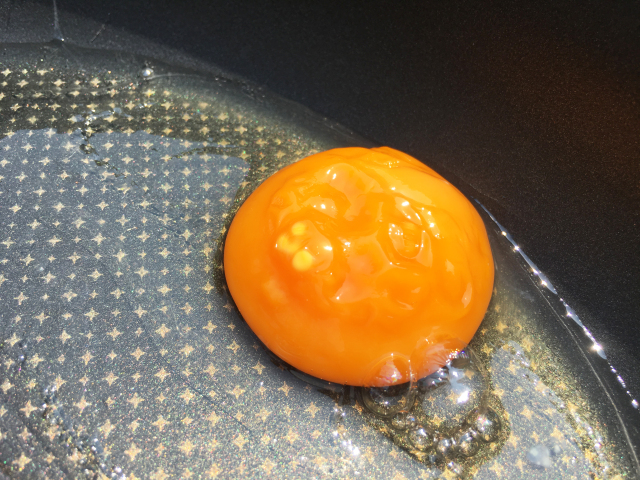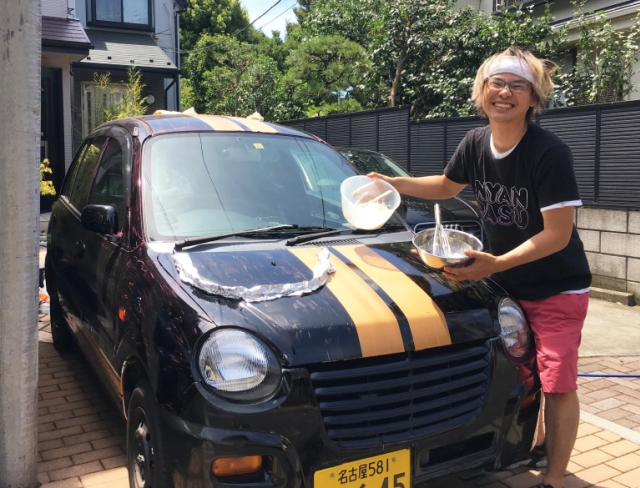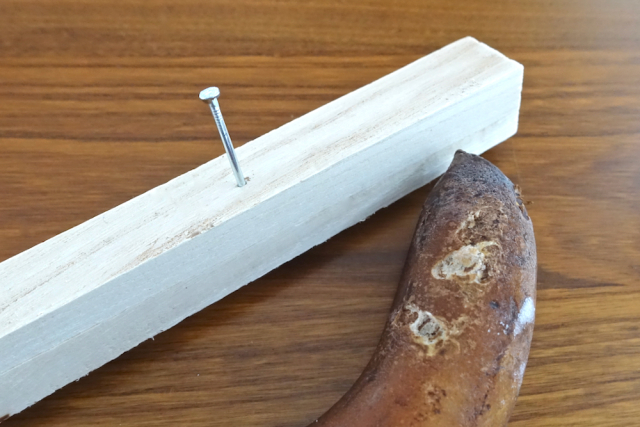
You never know unless you fry.
As we head into the heart of winter, temperatures have been falling as low as they can. Nowhere is this more true than the northernmost prefecture of Hokkaido. For example, the town of Shibecha, on the eastern side of the island prefecture, has been especially frigid, going as low as -27.3 degrees Celsius (-17.1 degrees Fahrenheit).
On the whole, Japan is usually more adept at handling excessively hot temperatures during the summer months though. One favorite trope employed by the media when reporting on heat waves is to put an egg out on the street to see if it’ll fry. It’s a beloved gimmick to be sure, and one that we even tried out ourselves a few years ago.

▼ We then got greedy and attempted to make a full meal with meat and cabbage.

So someone at Abema News recently figured that it was worth a shot putting an egg out in a frying pan during extremely cold weather too.
Their field reporter cracked an egg into a pan that was nestled in a snow bank, then waited ten minutes to see what would happen. As you probably expected the egg froze, but the effects of freezing were rather interesting.
First as the warmth of the egg relative to the outer air radiated, a gentle “steam” could be seen emerging from it as if it were being heated. Then, when the ten minutes were up the yolk and white of the egg both changed to the same colors that they would have had they been fried.
Considering eggs in Japan are sold fresh enough that some people eat them raw (or flash-cooked with the heat of freshly cooked white rice), there isn’t a whole lot separating this egg from a fried one aside from temperature…and the fact that this one was both as hard as a rock and fused to the pan.
Abema News then concluded the report with some other cold-weather fun by twirling a wet towel until it froze as stiff as a board and then blowing some soap bubbles onto a metal railing to watch them harden.
Sure the fact that the egg froze wasn’t especially surprising, but the real experiment was to see if a news program could make a delightful report by using the old fry-pan trick in the winter. In that regard it was a rousing success, if comments are anything to go by.
“In Hokkaido we use a fridge for warmth.”
“No need to interview people when you can just go out and play lol.”
“He’s like a YouTuber.”
“Haha, that looks like fun.”
“Even though I shouldn’t go outside because of the coronavirus, I kind of want to try this.”
“Interesting. It’s like a science experiment.”
“Is that what they eat up there?”
“Why didn’t he do a banana hammer?”
Like in many parts of the world, the notion of freezing a banana in cold enough weather so that it can be used as a hammer is well-known in Japan too. In fact, we also tried doing that a couple years ago. We were successful, though our experiment also included the risk of giving ourselves food poisoning.

It’s just a reminder that although cold temperatures can seem like a downer at first, it’s also a great opportunity to have some unique fun whether its freeze-frying eggs or carving your own beer fridge. Just don’t eat the stuff afterwards if fresh produce is involved.
Source: Abema Times, YouTube/ANNnewsCH
Photos ©SoraNews24
● Want to hear about SoraNews24’s latest articles as soon as they’re published? Follow us on Facebook and Twitter!

No hay comentarios:
Publicar un comentario